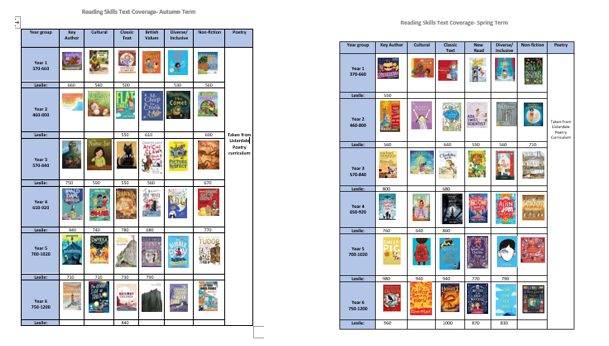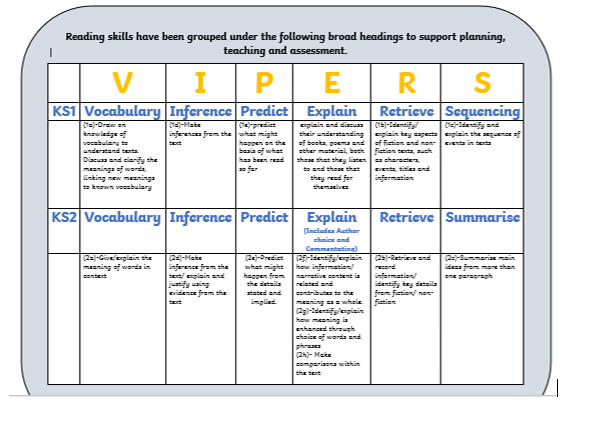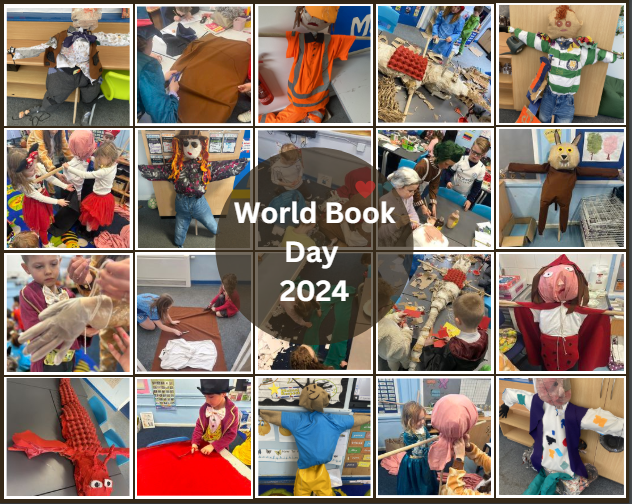Reading
Intent-
At Listerdale Junior Academy, reading is at the heart of our curriculum. It is our intention that every child will be a reader and read fluently and with confidence, and they will be encouraged to develop a lifelong love of reading. We want all children to leave Listerdale Junior Academy with a rich vocabulary that provides them with the ability to play and manipulate language, recognising the nuance of meaning and how language can be used for a range of purposes. We want children to have the confidence to be able to communicate effectively in a variety of situations both now and in the future.
Implement
Phonics-
At Listerdale Junior Academy we follow the ACET Phonics and Early Reading Programme. This is a validated systematic, synthetic programme that was developed by experienced teachers and Phonics Leads from our trust and in collaboration with an English Hub. At Listerdale, phonics is taught through daily sequential phonics lessons that are fast-paced and repetitive. We know that children thrive when consistent and familiar routines are put in place. The phonics groups are streamed, which means children are in a group that matches their ability based on assessments. All phonics lessons are structured the same from phase 2,- phase 5, thus meaning all children receive the same high-quality learning experiences. This is essential for developing their confidence in phonics and application to wider curriculum learning. We follow the structure of revisit, teach, practise and apply. Please visit the Phonics section of our website to find out more.
Fluency-
Reading fluency is defined as reading with accuracy (reading words correctly), automaticity (reading words at an appropriate speed without great effort) and prosody (appropriate stress and intonation). We understand that fluent reading supports reading comprehension. When pupils read fluently, their cognitive resources can be redirected from focusing on decoding and onto comprehending the text. We give the opportunity to bridge this from word recognition to comprehension by providing opportunities for fluency practice. This may be through adults modelling the fluent reading of a text first and then pupils reading the same text aloud with appropriate feedback and repeated reading. We also give the opportunity for repeated reading. This involves pupils re-reading a short text a set number of times or until they reach a suitable level of fluency.
Beyond fluency-teaching reading strategies-
Once children are equipped with the skills to read with fluency, we deepen their understanding of reading through the teaching of reading skills with a focus on developing understanding and comprehension and the exploration of vocabulary. We want our pupils to become expert readers who are capable of making complex comparisons between authors and understanding language choices. We provide daily lessons from Y2-Y6 and use carefully selected texts which provide them with mirrors, doors and windows to their world and expose them to challenging, ambitious vocabulary. We believe that what we are teaching in reading to be equally important as how we are teaching reading. Book choices are designed to capture the interests of children and introduce knowledge and values in line with national curriculum expectations. In addition, we also use the Lexile framework to evaluate the reading demand, analyse the text’s semantic (word frequency) and syntactic (sentence length) characteristics.

We follow a weekly structure in the teaching of our reading strategies which provides the children with an introduction to the focus text. We place great importance on the ‘Unlocking the text’ lesson to provide children with background knowledge and be introduced to any unfamiliar vocabulary which they may meet. We want all our children to have equal access and opportunities for success, despite their knowledge and experience. Following the unlocking of the text session, daily lessons provide rich discussion on the text with an opportunity for an activity linked to a focused area of reading.
These areas include:
KS1-Vocabulary, Inference, Prediction, (Explain) Retrieve, Sequencing
KS2-Vocabulary, Inference, Prediction, Explain (Authors’ choice and Commentating), Retrieve, Summarise

At the end of each week, pupils are presented with five assessment questions which are directly linked to the skills which have been taught throughout the week.

Daily lessons have a clear structure which is followed throughout school. The beginning of each session gives opportunities for reading fluency and strategies include: Teacher reading aloud, choral reading, echo reading, partner reading and silent reading. Rich discussion then takes place around the text before a reading skill is then focused upon and introduced to the children. This part of the lesson includes a teacher demonstration and a whole class discussion. Following this, children complete an activity where they have the opportunity to practise and explore this skill further. At the end of each daily session, children come back as a whole class and are presented with a question linked to the skill which they have explored. This gives them an opportunity to apply the skill in a reading comprehension format and understand how to transfer skills and formulate answers.
Love for reading:
We want all our pupils to develop a lifelong love of reading. We have allocated spaces around school which are set up with reading themes, which include: Poetry point, Recommended reads and Fascinating facts. We advertise and promote books in these spaces, and we give time for our pupils to enjoy and share these books with peers. In addition, we place great importance on story time and this occurs daily in all classes where we share books which spark curiosity and interest. We have links with our local library and pupils enjoy visits from the staff, which include the sharing of books and engaging in discussions in dedicated ‘Beyond the book’ sessions.
World Book Day 2024
All pupils throughout school took part in a scarecrow project this year on World Book Day! Each class focused on a character from the current book being studied in English and used their retrieval and inference skills to dig deep into the character's appearance, likes and personality.
